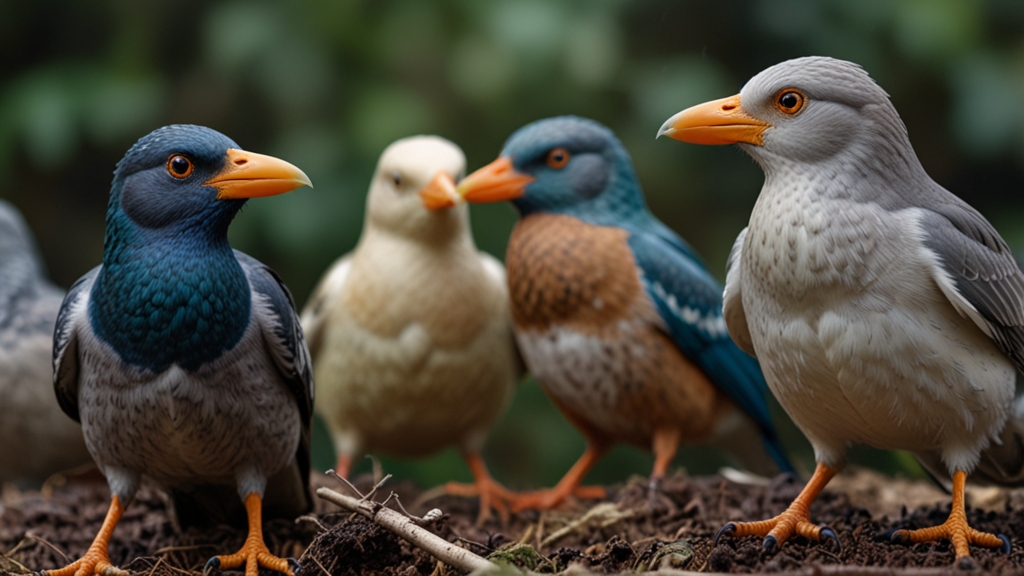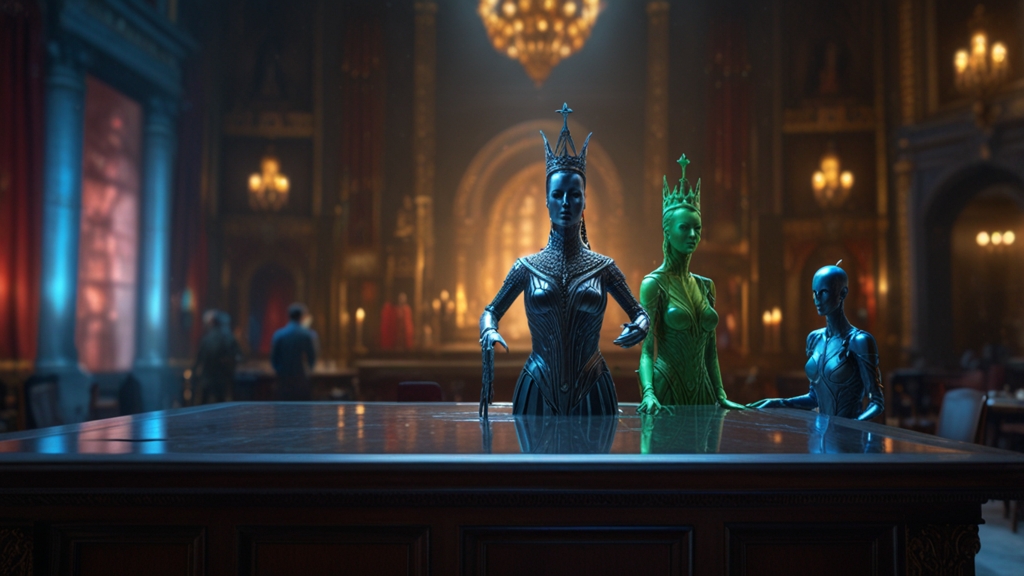The Most Controversial Inventions in History
Innovation and progress are often celebrated as hallmarks of human achievement. However, certain inventions have stirred significant controversy due to their ethical implications, potential for misuse, or disruptive impact on society. These inventions, while transforming the world in significant ways, have also sparked intense debate and reflection on their consequences. Here are some of the most controversial inventions in history.
The Atomic Bomb
One of the most contentious inventions of the 20th century is the atomic bomb. Developed during World War II under the auspices of the Manhattan Project, this weapon of mass destruction was used in the bombings of Hiroshima and Nagasaki in 1945. The immediate devastation and long-term environmental and health impacts are still felt today.
"Now I am become Death, the destroyer of worlds." - J. Robert Oppenheimer, lead physicist of the Manhattan Project, quoting the Bhagavad Gita.
The atomic bomb not only led to the end of World War II but also ushered in an era of nuclear proliferation and Cold War tensions. The moral and ethical questions surrounding its use remain subjects of intense debate among historians, ethicists, and policymakers.
Genetically Modified Organisms (GMOs)
Genetically Modified Organisms, particularly in agriculture, have revolutionized food production by increasing crop yields and resistance to pests. However, GMOs have sparked significant controversy regarding their long-term health effects, environmental impact, and ethical considerations.
Supporters argue that GMOs are essential for meeting the food demands of a growing global population and can alleviate hunger in developing countries. Opponents, however, raise concerns about potential health risks, loss of biodiversity, and the monopolistic practices of large biotech corporations.
"We must move forward carefully, balancing innovation with caution, to ensure that GMOs do not harm our planet or our health." - Jane Goodall, primatologist and environmental activist.
Surveillance Technology
The advent of sophisticated surveillance technologies, such as CCTV cameras, facial recognition software, and online tracking tools, has brought significant benefits in terms of security and crime prevention. However, they have also ignited debates over privacy rights and government overreach.
While these technologies can enhance safety and efficiency, they also pose risks to civil liberties. Critics argue that pervasive surveillance can lead to a 'Big Brother' society, where individuals' movements and actions are constantly monitored and recorded without their consent.
Artificial Intelligence (AI)
Artificial Intelligence holds the promise of transforming industries, enhancing productivity, and solving complex problems. Despite its potential, AI has been met with apprehension concerning job displacement, ethical programming, and the prospect of autonomous decision-making systems.
As AI systems become more advanced, questions about accountability, transparency, and bias in algorithmic decision-making become increasingly pressing. The debate over AI's role in society continues to evolve, balancing innovation with ethical considerations.
"As we move forward with AI, we must ensure that it is developed responsibly, transparently, and with a focus on human well-being." - Tim Cook, CEO of Apple Inc.
Conclusion
The history of human innovation is punctuated by inventions that have brought both progress and controversy. While these controversial inventions have significantly shaped the modern world, they also serve as reminders of the need for careful consideration of ethical, social, and environmental implications. As society continues to advance, the delicate balance between innovation and responsibility remains a central theme in the ongoing dialogue about technological progress.











